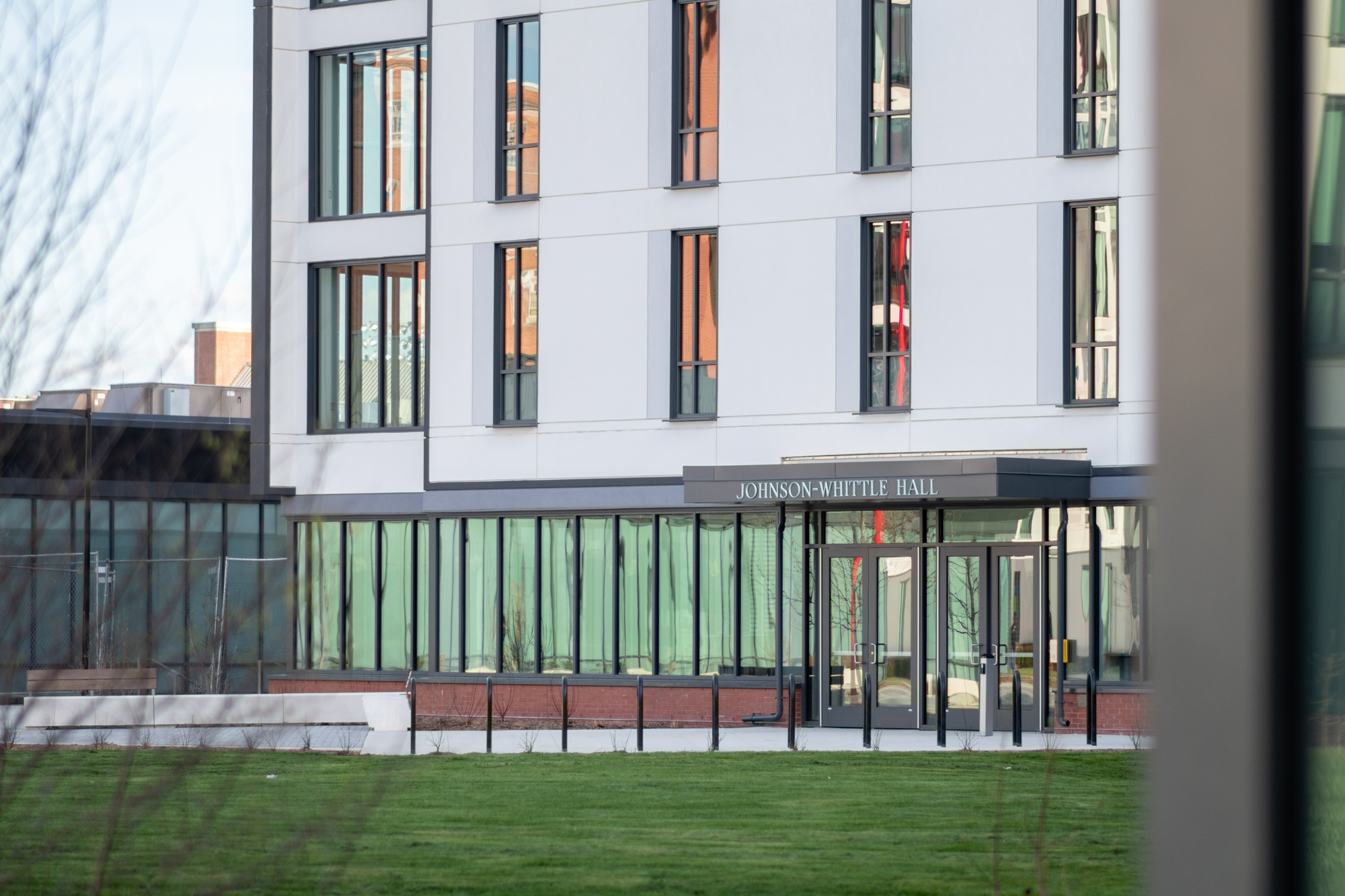University of Maryland students shared the troubles they faced with the process of getting on-campus housing for the next academic year.
Students voiced that housing, specifically on-campus apartment and suite-style dorms and South Campus Commons, filled up within hours and left students who had later priority times with limited options.
The Department of Resident Life conducted housing selection for on-campus housing, excluding South Campus Commons and Courtyards, in early March. South Campus Commons and Courtyards utilized a different process that also happened at the beginning of March.
Unlike dorms, South Campus Commons and Courtyards ranks housing appointments by priority where rising juniors and seniors are the highest. This year, Resident Life administrative and business services associate director Scott Young said there were issues with too many people vying over too few beds.
Four thousand students were trying to occupy 1,900 beds in the South Hill community and Leonardtown suites and apartments, Young wrote in an email.
There were more rising third and fourth-year students apply for on-campus housing than Resident Life expected, according to Young.
“We don’t want the process to be too complex, but when you have such a variety of housing options and students want the ability to create groups and live with friends, it is hard to balance simplicity with these desires,” Young wrote.
Anthony Halabi wanted to live in South Campus Commons, but the apartment complex filled up within the first day of selection. When he and his friends opened the MyDRL portal during their appointment time that morning, Halabi said most of the housing was already gone.
[UMD’s South Campus Market opens with grill and cafe]
The sophomore who is enrolled in letters and sciences ended up finding an apartment at Courtyards. Before he found housing, he was nervous he would have to move off campus to a more expensive apartment because the South Campus Commons/Courtyards process was after the deadline to apply for on-campus housing.
“If you don’t get a spot in South Campus Commons or Courtyards, you’re also not really guaranteed a spot on campus,” Halabi said.
Some students decided to go off campus after little luck with housing. Shaina Fein, a freshman psychology major, said she planned to live with five of her friends in a suite. However, suites were filled up by their appointment time.
Fein said she is living at Parkside apartments next year, but she wanted to live on campus and closer to Hillel.
“I’m just annoyed with Maryland’s housing situation in general,” Fein said.
Amr Tairi, a freshman enrolled in letters and sciences, said he is “trapped” on the campus. Tairi said he receives state grants to pay for tuition but if he moves off campus, he will lose 70 percent of his grant money.
After having no luck in getting into South Campus Commons, Tairi said he found a room in Ellicott Hall and is applying for reassignment.
[UMD student affairs VP Patty Perillo, RHA discuss optional mask policy for fall 2022]
Tairi said he wished Resident Life provided more clarity on how students get earlier housing appointments.
“People who are relying on state grants should get some type of consideration,” Tairi said.
Freshman music education major Sydney Black said she wanted to be in a traditional dorm hall again with her friend who currently lives off campus.
Black said her friend was not guaranteed housing. When traditional dorms were up for selection, she was left without a roommate.
Becuase she didn’t have a full group, she had to wait until the second day of traditional room selection. Resident Life stated on its website that full groups will be able to pick housing such as apartments and dorms.
Groups who cannot fill up an apartment, suite or dorm will have to wait for the next day which is a “free-for-all” even if they had an earlier appointment time.
“I do see value in having dorms set so that you can only sign up for that dorm or apartment or suite if you can fill the room, there is value in that,” Black said. “But there’s also a need to have some rooms available that are not restricted in that way, so that students who are just looking to live alone … they’re not at a disadvantage.”



